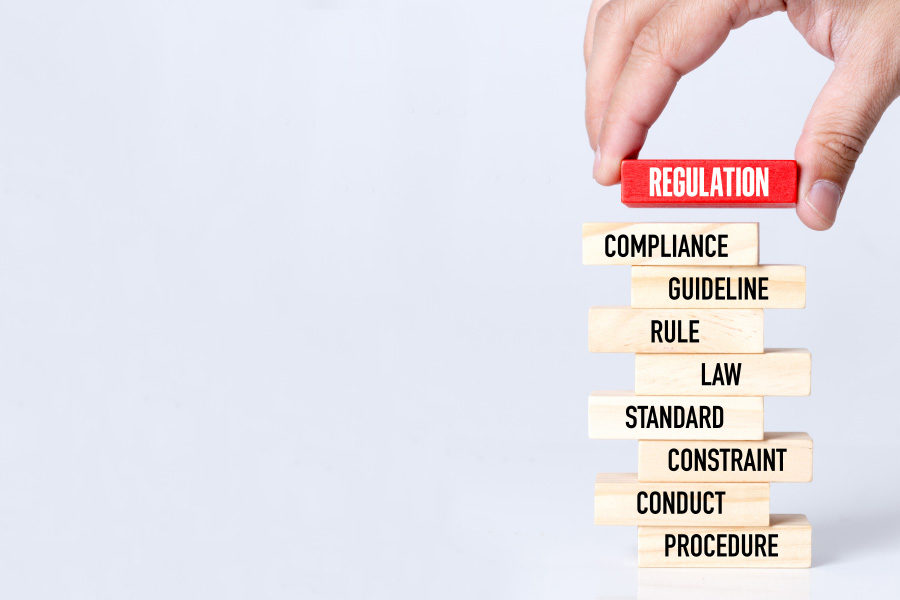iGaming regulatory overview
The Covid-19 pandemic has resulted in a slew of new restrictions for land-based gaming activity, one of the consequences of which was the significant growth of the remote gaming market in 2021. The necessity for legislative control of iGaming becomes more pressing. Different jurisdictions follow different principles when it comes to the regulations.
Malta
Malta’s success in the iGaming field is undeniable, as the first EU jurisdiction to launch regulated remote gaming, with an average of a hundred new applications per year, and as the largest EU iGaming jurisdiction. B2C licenses are designed for organizers of online or land-based casinos, betting, and other games, whereas B2B licenses are meant for licensing software used by B2C license holders.
The B2B license, also referred to as a Critical Gaming Supply License, is required to offer from Malta or to any person in Malta services which are deemed to be indispensable in determining the outcome of a game and/or an indispensable component in the processing and/or management of essential regulatory data. Thus, there are two types of B2B licenses which the MGA may issue. Game providers license: supply and management of material elements of a game, and Full platform license: supply and management of software, whether as a stand-alone or as part of a system, to generate, capture, control or otherwise process any essential regulatory record and/or the supply and management of the control system itself on which such software resides
UK
In the UK, remote gambling software license allows to develop, supply, install or adapt gambling software by means of remote communication. Regardless of where the company is based, license from Gambling Commission is needed if:
-
- it provides facilities for gambling to consumers in Great Britain online (or through any other means of remote communication),
- any part of remote gambling equipment is based in Great Britain.
There is a remote operating license for each type of gambling activity.
Alderney
Alderney, a small non-EU island in the English Channel, is now widely regarded as the largest hub for iGaming services in the world and transmits more internet gambling traffic than any other location in the world. The Alderney Gambling Control Commission (AGCC) is recognized worldwide as one of the world’s leading regulators of digital gambling. The openness and innovative decisions of the commission allow the formation of a loyal attitude towards licensees, and the commission’s approach to regulation and supervision was borrowed by many other jurisdictions.
Although an Alderney license allows to operate in other jurisdictions, some countries, such as the United Kingdom, will require a local license.
Romania
This is a European license that enables to offer and trade gaming software in Romania. A developer’s license is a type of class II gaming license that can be awarded to both international and Romanian companies. Suppliers and distributors with Class II licenses can supply gaming solutions, administer platforms, and provide hosting services in the regulated Romanian market.
Belgium
Developers of gambling software are required to obtain a class E-license in Belgium. This license is quite simple to obtain and can be issued to a European company. There is no separation of land-based and online software in the legislation, therefore, developers who wish to supply their games to online casinos with a Belgian license (A + license) are required to obtain a full Class E license.
Armenia
A corresponding license or B2C license is necessary to carry out activities in the field of iGaming in Armenia. At the same time, prize e-games are considered to be organized in Armenia if the organizer’s servers are based physically in Armenia, have the address of Armenia’s corresponding Internet system (IP) (Internet Protocol Address-Internet communication address), and information resources are in the “AM” domain. After all of the relevant paperwork is submitted, the license is given within 23 working days. It can be extended for another 23 working days by the decision of the authorized State body.
Supply and management of gambling software is not subject to licensing in Armenia, and no permission is required for the B2B activity. As a result, no permission is required for gambling software solutions, their trade, or routine maintenance in Armenia.

